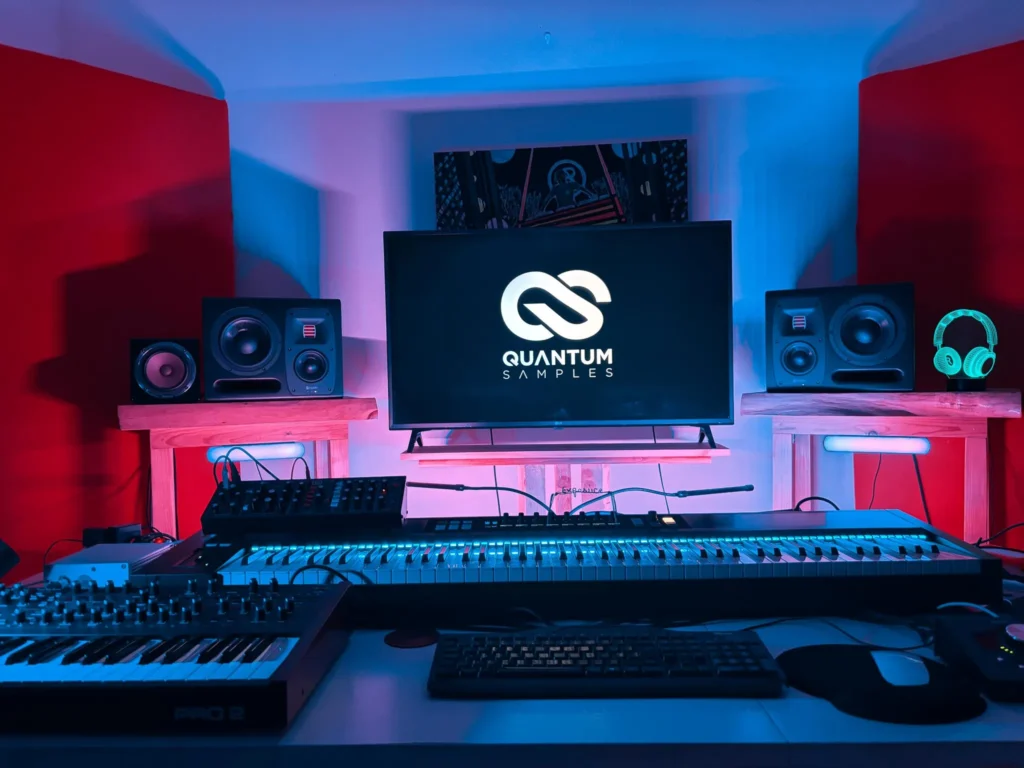In the fast-moving world of music production, it’s easy to feel like you need the latest and greatest plugins to create professional-quality tracks. Every week, new software promises to revolutionise your sound, but the truth is – great music comes from how you use your tools, not how many you have.
If you’re constantly hunting for new plugins instead of mastering the ones you own, you could be holding back your progress as a producer. In this article, we’ll break down why technique always wins over tools and how to maximize your current plugin collection for pro-level results.
Why Chasing New Plugins Won’t Make You a Better Producer
While new plugins can offer convenience and inspiration, relying on them to improve your music is a common trap. Some of the biggest names in production achieve their signature sounds using stock plugins and classic techniques rather than constantly expanding their software library.
Here’s why:
- Fundamentals Don’t Change – Compression, EQ, reverb, saturation, and modulation are the building blocks of professional music production. Mastering these skills allows you to create high-quality tracks, no matter which plugins you use.
- Too Many Choices Lead to Overwhelm – When you have dozens of synths and effects, you waste time cycling through presets instead of focusing on sound design and composition.
- Plugins Are Tools, Not Magic Shortcuts – No plugin will instantly make your mix sound professional. The real magic happens in how you shape your sounds with EQ, dynamics, and creative effects.
The Secret to Professional Sound: Mastering Your Existing Tools
Before rushing to buy the latest plugin, focus on getting the absolute best results from the tools you already have. Most DAWs come with high-quality stock plugins that, when used correctly, can rival expensive third-party alternatives.
Here are three ways to sharpen your skills and take full advantage of your current plugins:
1. Recreate Your Favorite Sounds with Stock Plugins
A powerful way to improve your production skills is by trying to replicate professional sounds using only your DAW’s built-in tools. Challenge yourself to:
- Recreate a synth patch from a track you admire using only stock instruments and effects.
- Build a custom drum chain using basic compression, EQ, and transient shaping instead of third-party drum processors.
- Emulate high-end plugin processing by stacking multiple stock plugins for saturation, stereo widening, and depth.
Not only will this sharpen your sound design skills, but you’ll also gain a deeper understanding of why certain processing techniques work.
2. Learn Core Mixing Techniques First
Instead of buying more plugins, dedicate time to mastering compression, EQ, reverb, and delay – the pillars of professional mixing. Some essential skills to refine:
- Subtractive EQ – Cleaning up muddiness and shaping your mix with surgical EQ moves.
- Parallel Compression – Adding power to drums and vocals without losing dynamics.
- Reverb & Delay Tailoring – Creating depth and space without overwhelming the mix.
When you fully understand these concepts, you can apply them to any plugin and get pro results.
3. Be Selective When Adding New Plugins
While it’s important to keep up with innovations in music production, be strategic about which plugins you invest in. Ask yourself:
- Does this plugin offer something truly unique I can’t achieve with my current setup?
- Will this improve my workflow or just add more complexity?
- Can I achieve a similar result by learning a new technique instead?
By adopting this mindset, you’ll build a refined, high-quality toolkit rather than an overwhelming collection of unused software.
Final Thoughts
The best producers aren’t defined by the plugins they own – they’re defined by their understanding of sound and technique. If you want to take your production to the next level, spend more time mastering the how rather than chasing the what.
At Quantum Samples, we believe in skill over shortcuts. Experiment with your current plugins, refine your techniques, and trust your creative instincts. When the time comes to add a new tool to your setup, you’ll be making an informed choice that enhances your workflow rather than distracting from it.
Looking for More Production Tips?
Subscribe to our newsletter for expert production insights, sound design tricks, and free samples to keep you inspired.
Let us know: What’s one stock plugin or technique that transformed your production? Drop a comment below or tag us using #QuantumSamples – we’d love to hear your thoughts!

